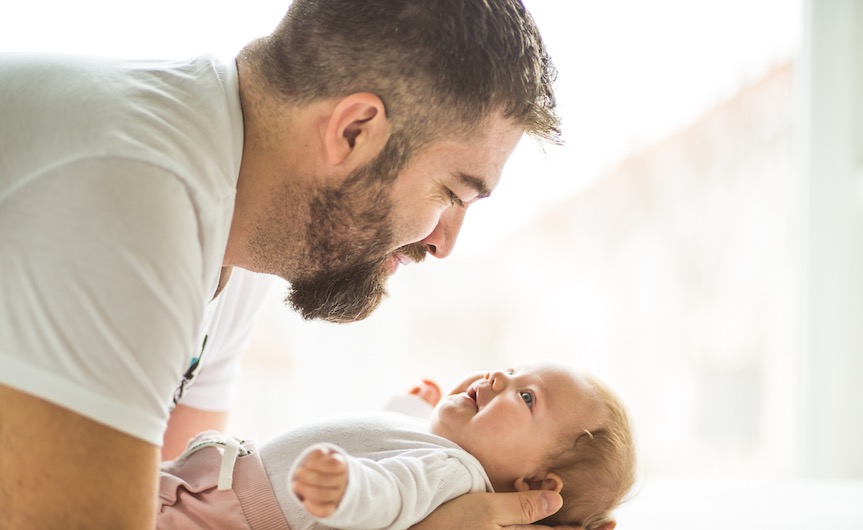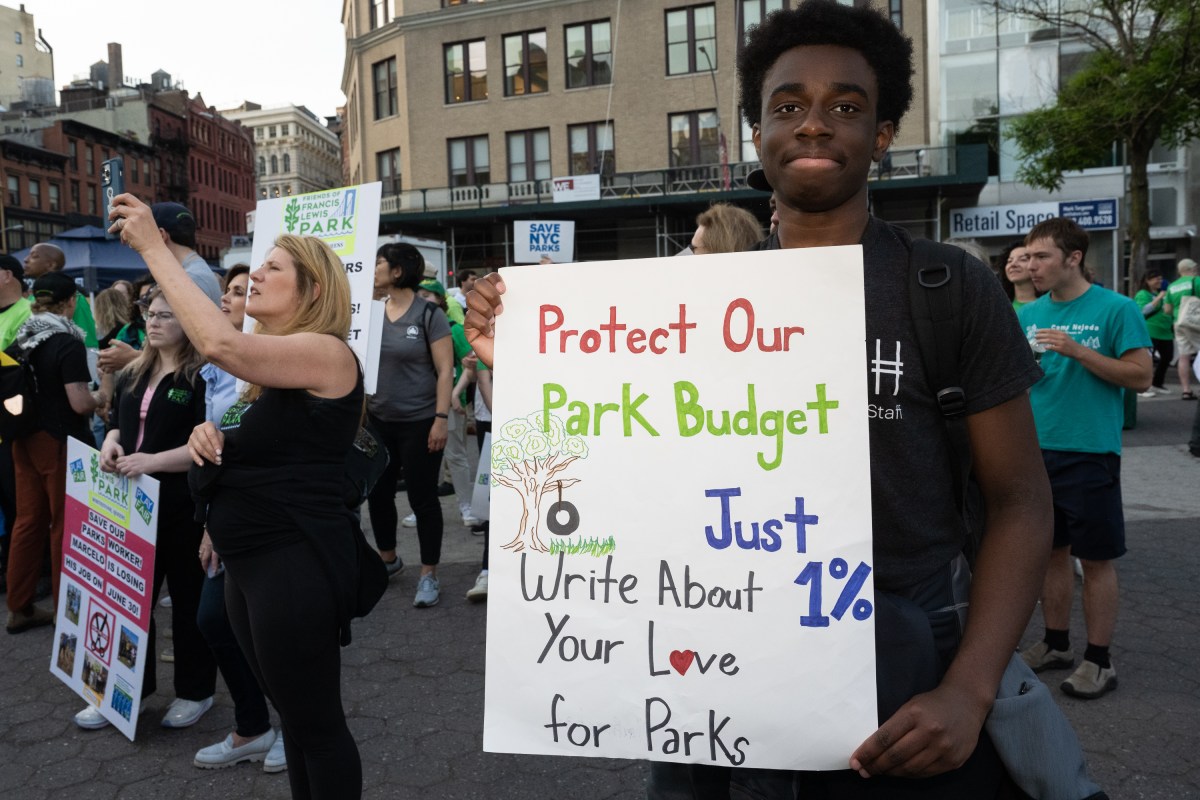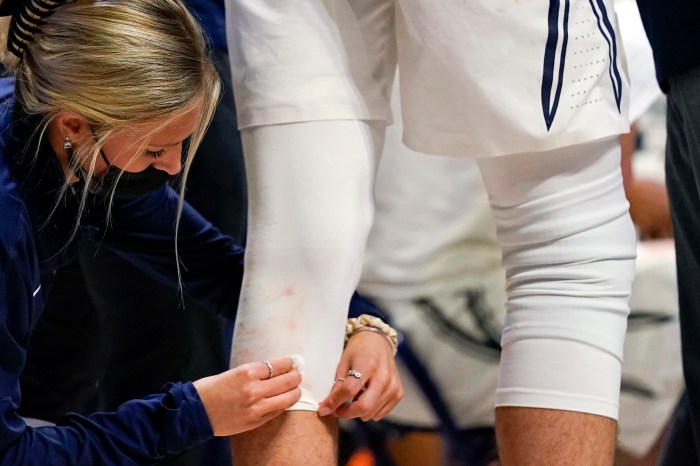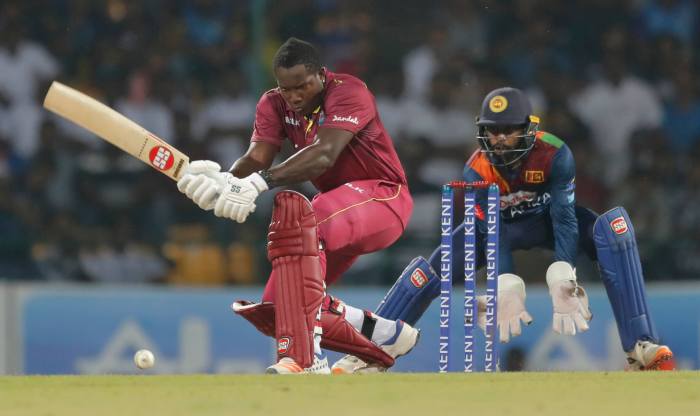Attention, in utero readers: If you’ve got a single mom, but you come out of the womb looking a lot like daddy, you have a better shot at the dude spending time with you – and you’re more likely to be the picture of health by your first birthday.
Sorry, we don’t make the rules. Dads are problematic AF, and the sooner you know it, the better.
This prognosis-of-sorts comes out of a new paper titled “If looks could heal: Child health and parental investment” published in the Journal of Health Economics. Solomon Polachek, distinguished Research Professor of Economics at Binghamton University, SUNY — yes, that’s his title – and Marlon Tracey, Professor of Business Administration at Southern Illinois University, looked at data from the Fragile Families and Child Wellbeing (FFCW) study, which examined the health of children living in 715 single mother households in the U.S.
They found that nonresident fathers — although we’d call them deadbeat dads — spent an average of 2.5 more days per month with their babies, if they resembled them, compared to feckless fathers who couldn’t identify a likeness in their offspring. And the babies who look like pop were found to be healthier by the time they turned one year old.
It makes sense from a biological standpoint. “Those fathers that perceive the baby’s resemblance to them are more certain the baby is theirs, and thus spend more time with the baby,” Dr. Polachek explained in the release.
“The main explanation is that frequent father visits allow for greater parental time for care-giving and supervision, and for information gathering about child health and economic needs,” said Tracey.
What can we do for the babies that aren’t so lucky to attract the attention of their distant dads? Tracey and Polachek said the study supports policies, such as parenting classes, health education and job training, that would encourage these distant dads to spend more time with their kids. Let’s hope so, for the sake of these kids’ wellbeing.



















